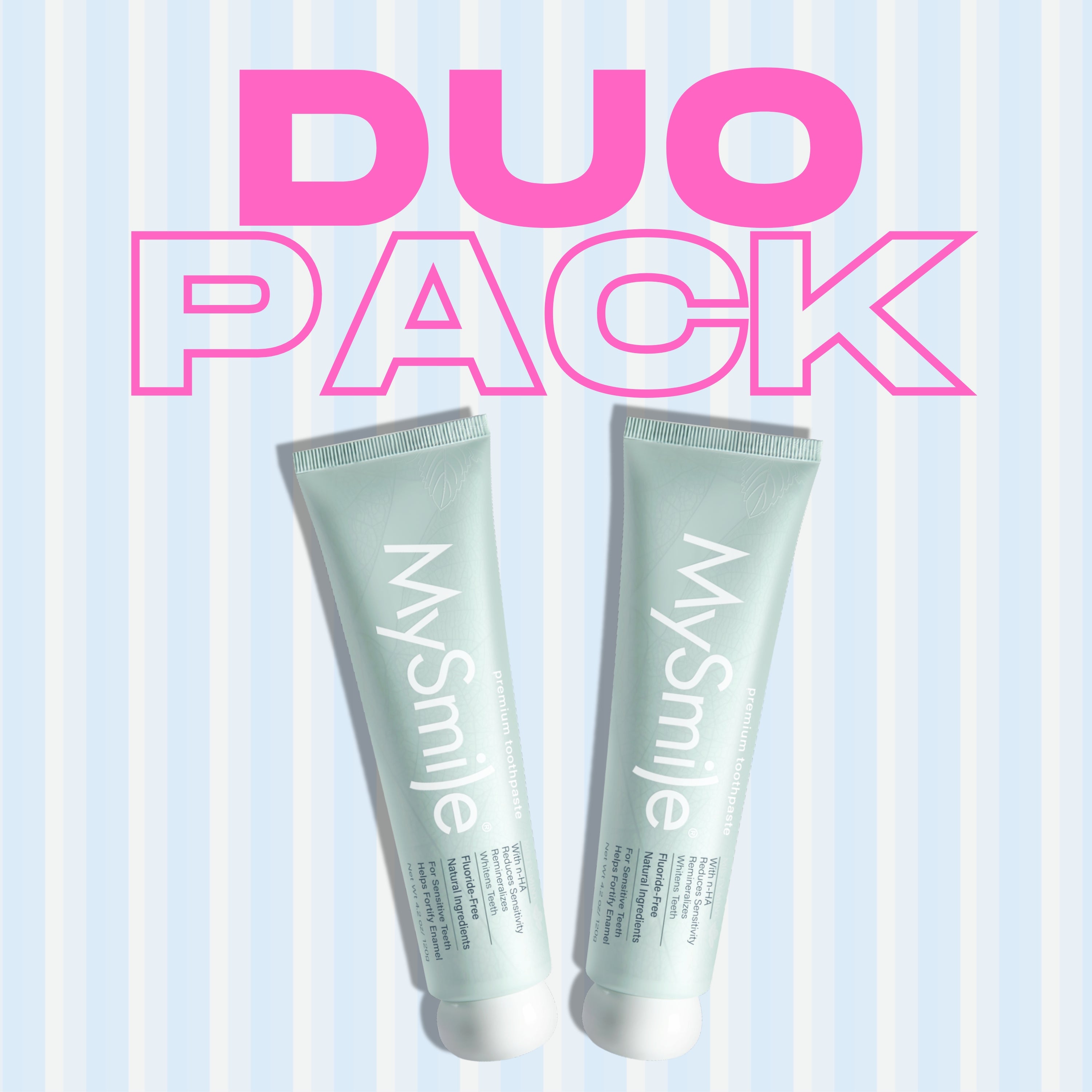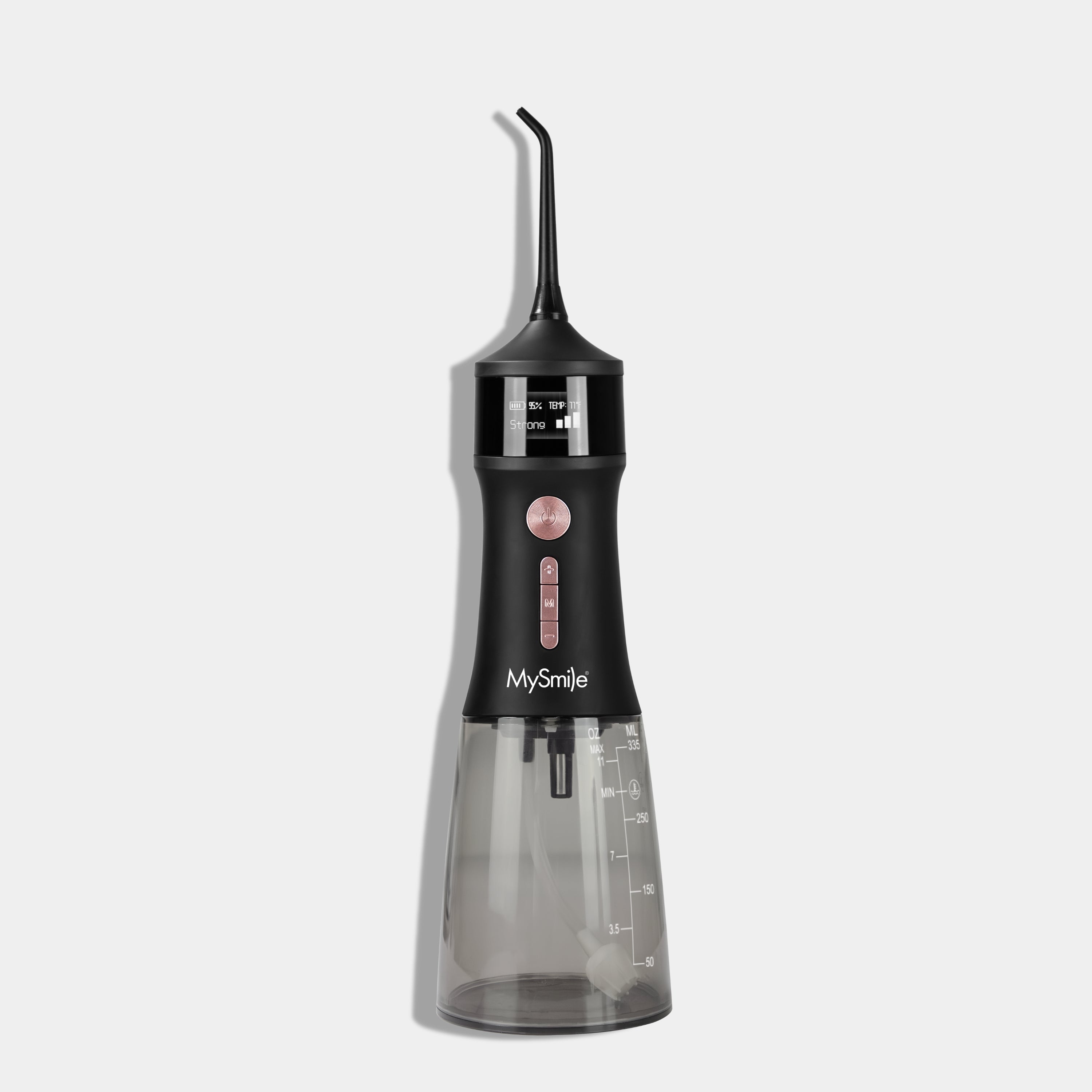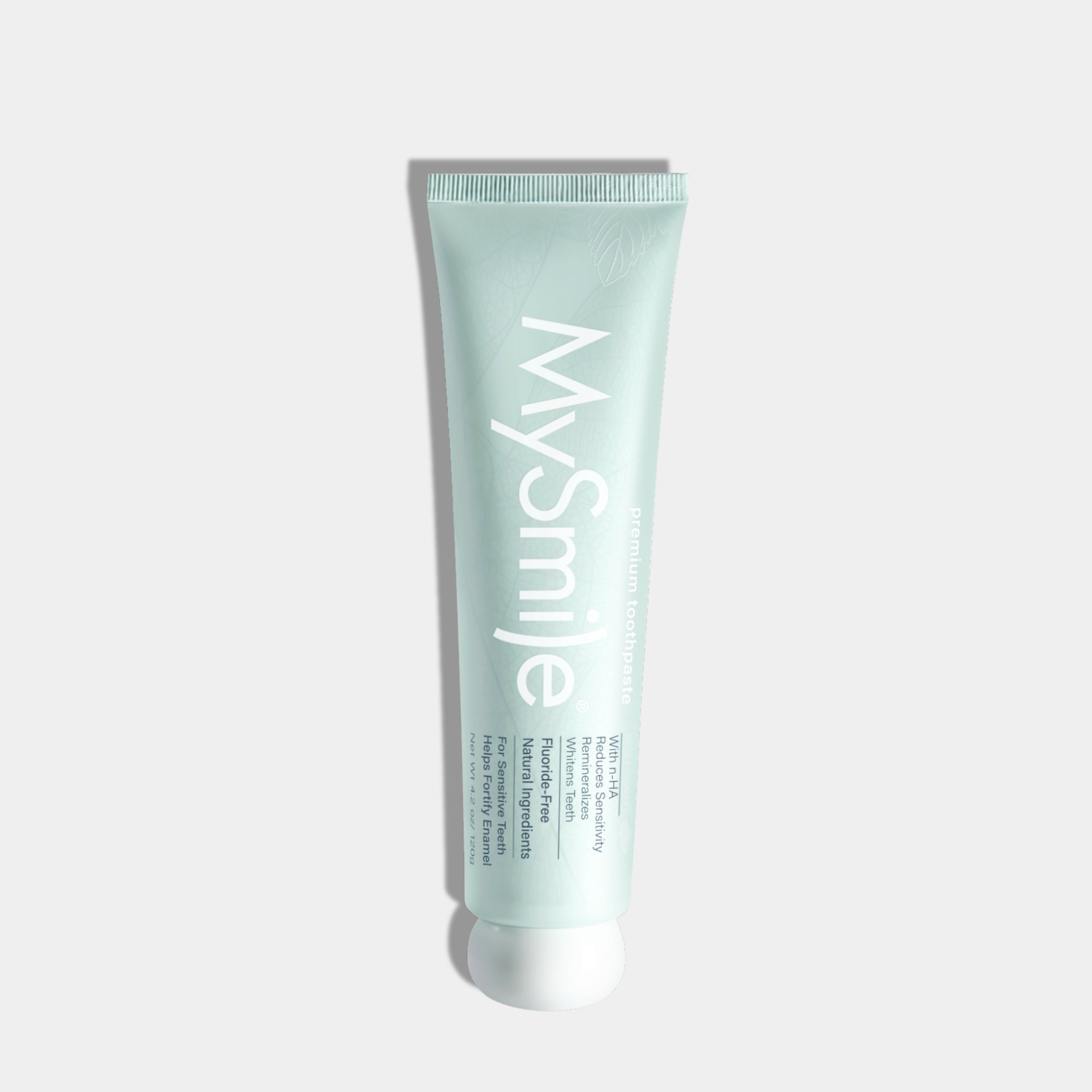Tooth sensitivity is a common issue that shouldn’t be taken lightly. It can range from mild to severe and affect people of all ages. While there are many potential causes, the good news is that there are steps you can take to manage tooth sensitivity for a healthier smile.

What Causes Tooth Sensitivity?
Tooth sensitivity happens when the enamel or protective layer of your teeth wears away or gets damaged. The dentin is a softer material beneath the enamel that contains thousands of microscopic tubules filled with fluid. When these tubules are exposed, cold water or food can cause the fluid to move up through the dentin and into the nerve endings in your teeth, causing a sharp, stabbing pain in your teeth.
How To Manage Tooth Sensitivity?
If you suffer from sensitive teeth, take comfort in knowing there are ways to manage this condition. Many dentists suggest using special desensitizing toothpaste, which helps block out sensation in sensitive areas of your mouth.
For more severe cases of sensitivity, fluoride treatments are recommended. It helps strengthen the enamel on your teeth and makes them less responsive to temperature changes. If your dentist finds signs of gum recession due to brushing too hard or grinding your teeth at night, they may suggest adjusting your brushing technique and wearing a nighttime mouth guard to prevent further damage.
You may need to visit your dentist for an oral exam if you are unsure of what is causing your tooth sensitivity. Depending on the cause of your discomfort, they may recommend avoiding certain habits such as brushing too hard or eating acidic foods and drinks.
Additionally, brush twice a day with fluoride toothpaste and floss daily; these habits will help keep plaque and tartar buildup at bay while keeping your gums healthy & strong.

Conclusion:
Tooth sensitivity is no fun for anyone, but the good news is that there are things you can do about it. Be sure to talk to your dentist if you’re experiencing any discomfort so they can help you determine the best course of action. Have you struggled with tooth sensitivity in the past? What worked (or didn’t work) for you? Share your story in the comments below!









